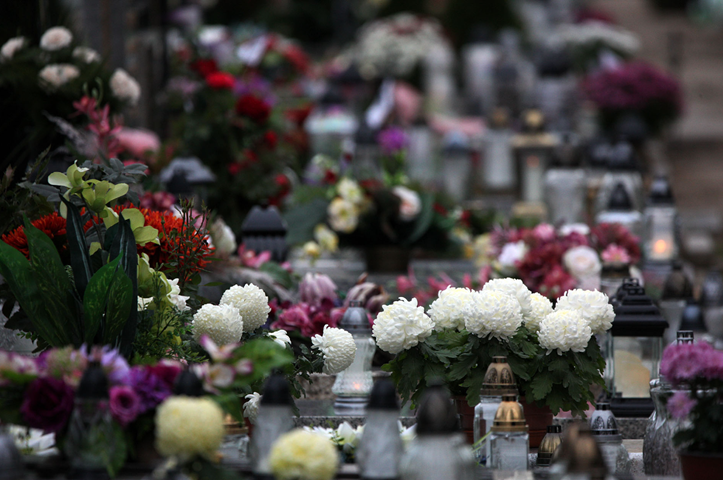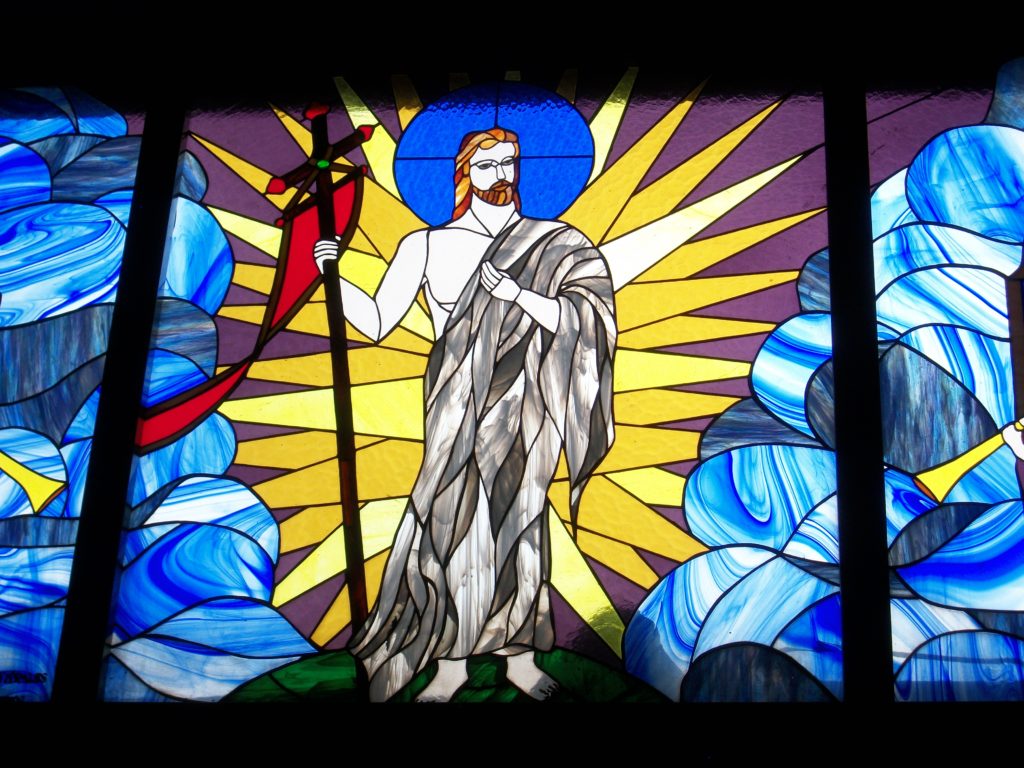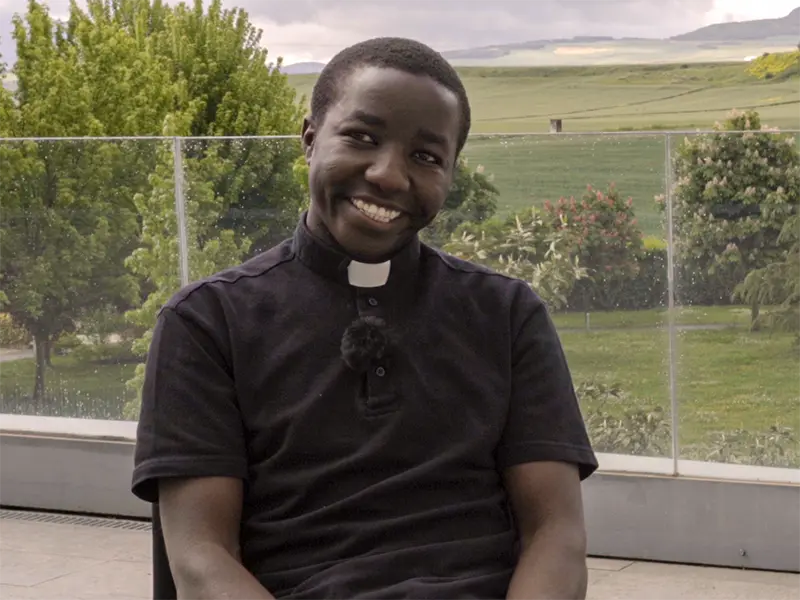Heschel Centre for Catholic-Jewish Relations at the Catholic University of Lublin
01 November, 2024
2 min
Prayer and Gratitude – The Polish Tradition of All Saints’ Day at Home and Abroad
“Our remembrance of loved ones extends also to those who have played significant roles in our history. It’s a beautiful thing that we remember them,” said Father Professor Przemysław Kantyka, Dean of the Faculty of Theology at the Catholic University of Lublin. He highlighted the unique way that Poles honor the memory of the deceased, […]

Honoring Ancestors as Part of Polish Identity
Historically and today, Polish people carry their identity wherever they go. Fr. Kantyka noted, “Those born into Polish families inherit our national and religious traditions, including how we honor the deceased.”
In some countries, preserving the memory of the departed is more challenging. Protestant nations, for instance, generally don’t have traditions for venerating saints. In Orthodox regions, prayers for the dead take place at different times than in Poland. However, as Fr. Kantyka emphasized, “wherever there are Polish graves, Polish communities eagerly and often visit cemeteries.” Even if family graves aren’t nearby, Poles abroad continue this tradition, remembering their loved ones from afar.
Visiting Graves, Not the Departed
When Christians visit graves, they understand that only mortal remains lie there, while the souls of the deceased, alongside the saints, are in heaven or undergoing purification in purgatory. Dwelling in a different realm, they support those still on earth. “This connection is known as *communio sanctorum*,” explained Fr. Kantyka, “the communion of saints. It’s a mutual exchange of spiritual gifts: they pray for us, and we pray for them.”
Gratitude to Our Ancestors
Visiting cemeteries is also a way of expressing gratitude. “Remembering our ancestors, who entrusted this homeland to us, is invaluable. We are now responsible for caring for it with full commitment and love,” Fr. Kantyka emphasized.
Remembering What Matters Most
Related

Reflection by Bishop Enrique Díaz: Alleluia, alleluia
Enrique Díaz
20 April, 2025
5 min

Christ is Risen! Alleluia! Commentary by Fr. Jorge Miró
Jorge Miró
20 April, 2025
3 min

Easter: Mystery of Freedom
Carlos J. Gallardo
20 April, 2025
5 min

“Being Catholic in Tanzania is a source of pride”
Fundación CARF
16 April, 2025
6 min
 (EN)
(EN)
 (ES)
(ES)
 (IT)
(IT)

